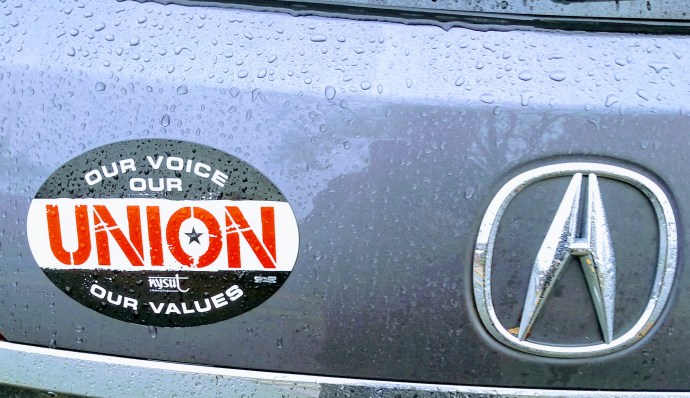A funny thing happened to my country on the way to taking my last breaths on Earth. It seems there are people and groups who have this insatiable need for reassurance, and endless obsequiousness from the rest of us. Let me explain. I grew up in Brooklyn in the 1950s. Just about every man who was old enough to work when I was a kid had served his country in a massive, two front war, usually overseas, and a great many saw real combat. While the nation basked collectively in the moral victory it won, it seems no one was particularly boisterous about it. It was simply their duty, and they executed it.
Today, war is different. As with everything else, technology has greatly changed the way we execute it. In WWII, Korea or Vietnam, you fought for real estate by overwhelming the enemy with raw manpower. Today, one “degrades” their opponent’s assets from remote locations. I’m told it takes more than three people to support just one combat soldier in the field. In military parlance, this is called the “logistical tail.” Over half of our active duty service members will never even be deployed overseas.
It occurs to me that today, anyone who turned a wrench in a motor pool seems to be under the impression that they’re Audie Murphy. And they want endless tribute for it. And so, showering benefits on people who might be legal assistants or finance clerks in uniform is now the norm. That funding could be used for homeless or ill veterans who did the work of hard soldiering and paid a high price for it.
The same thing is happening in education. Today, the profession feasts on maudlin self-glorification. Now, memories of my K-12 experience are not exactly fond ones, but I don’t think I owe a heck of a lot of my personal intellectual development to the crew of teachers I had. Some of them were nasty, condescending, and looking back on it, embittered. One often got into teaching back then simply to avoid the dirty work the business world required.
But today, teaching, to use the word of one Great Neck advocate, is a “sacred duty.” As with our enlisted person in a HumVee repair facility, Long Island teachers seem to be under the impression they’re holding classes at the Max Planck Institute. Relax, folks. It’s the fourth grade, not explaining string theory or performing gene splicing. But to them, they believe they’re responsible for nothing less than our nation’s future. They really buy into this union peddled treacle.
Law enforcement has undergone a similar transformation. And yet, crime rates, particularly for violent crime, have plummeted to levels not seen in over 50 years. One reason is that age 70-plus is the fastest growing cohort in America. Even though I’m not 70 yet, I haven’t had the urge to knock over a 7-11 in ages. But the manufactured fear that mandated patrolling the mean streets of Plandome Manor got you a new precinct you never needed. And paying the cost of manpower to staff it. That’s how easily people are manipulated.
So what’s the common thread here? Well, since time, technology and society have moved on, the landscape has changed for these professions. What they really need now is a narrative, and they’re providing it for us. The less we rely on them, the more indispensable they must appear to be. Most enlisted people by far, will never get within 1,000 miles of a combat zone. Years ago, the only way to become educated was through the school house. Today, 95 percent of all of human knowledge can be summoned on an iPhone. The teaching profession lost it’s monopoly on education years ago. Yet, we pay more for it than ever.
The less common crime gets, the more we are told we must fear it. Truck drivers and construction workers face an occupational fatality rate seven times higher than a police officer. And that’s on a national basis, not a Long Island one. For some reason, their sacrifices to support their families by performing dangerous work goes unrecognized. It’s not that any of these professions aren’t worth honoring. But they’re not the only ones worth honoring. We are all, in our own way, indispensable.
So what’s behind the movement to self-mythologize? It pays really, really well.
Donald Davret
Roslyn

